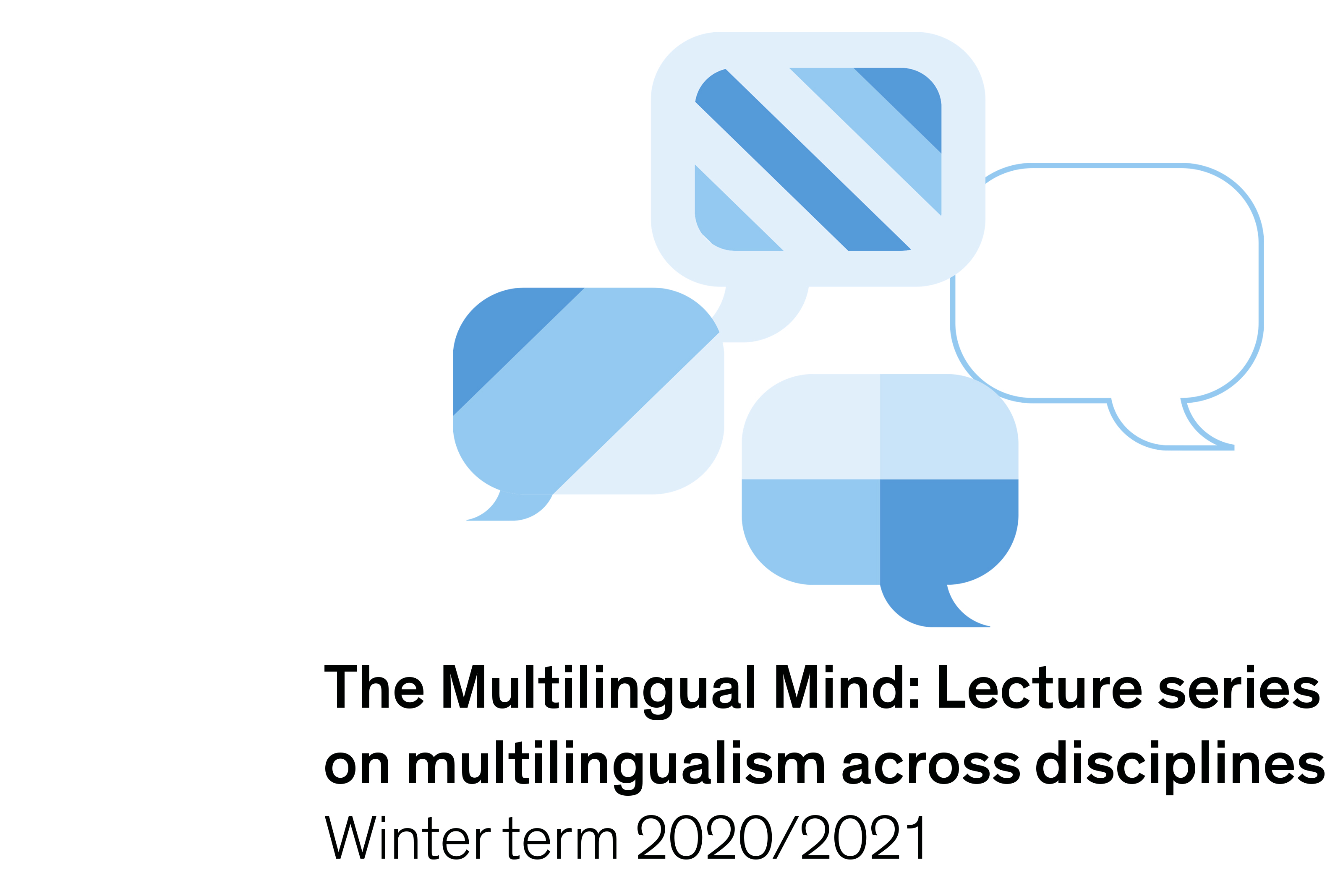
24.11.2020: Prof Dr Bernhard Brehmer (University of Konstanz): Age effects in bilingual acquisition: Observations from different groups of Polish-German bilinguals
Join our online lecture on the 24.11.2020 at 17.00 - 18.30 (CET/UTC+01).
Prof Dr Bernhard Brehmer (University of Konstanz): Age effects in bilingual acquisition: Observations from different groups of Polish-German bilinguals
The Multilingual Mind: lecture series on multilingualism across disciplines
24.11.2020
Tuesday, 17.00 - 18.30 (CET/UTC+01)
Zoom room: zoom.us/j/94531600895
Abstract
The impact of age on the linguistic development of bilinguals is one of the core issues in research on bilingualism, both with regard to language acquisition and attrition. Age can be investigated from different perspectives: First, the chronological age of bilingual individuals represents an important benchmark for evaluating the degree of attainment (or attrition) in both languages. Second, age of onset, i.e. the age when exposure to the respective languages began, has led to the distinction between different types of bilinguals in language acquisition research (simultaneous bilinguals, early sequential bilinguals, adult L2 learners etc.). In my talk, I am going to address both issues by looking at (i) different age groups of Polish-German bilinguals and (ii) different types of Polish-German bilinguals according to their age of onset (simultaneous vs. early successive bilinguals). The focus will be on Polish and on the acquisition of two properties: (a) null subjects and (b) word order in complex predicates. Polish is a prototypical pro-drop language which allows the omission of subject pronouns because the subject referent can be easily established due to subject-verb agreement. Furthermore, infinitives normally immediately follow the auxiliary in case of compound predicates in Polish, but discontinuous structures may occur due to requirements of information structure.
In three research projects we first investigated the acquisition (and attrition) of both properties in several age groups of Polish-German bilinguals who grew up in Germany with Polish as their heritage language: (i) child bilinguals (aged 3-10), (ii) adolescent bilinguals (aged 15-17) and young adult bilinguals (aged 19-38). In another project, we looked at the effect of age of onset for the acquisition of both properties and depending on the status of Polish as a heritage language (Polish-German bilinguals growing up in Germany) and as a majority language (Polish-German bilinguals growing up in Poland). In the current talk, I will present some of the main results of these research projects which revealed an interesting interplay of (delayed) acquisition and subsequent attrition as well as age of onset effects in the acquisition of both properties.
